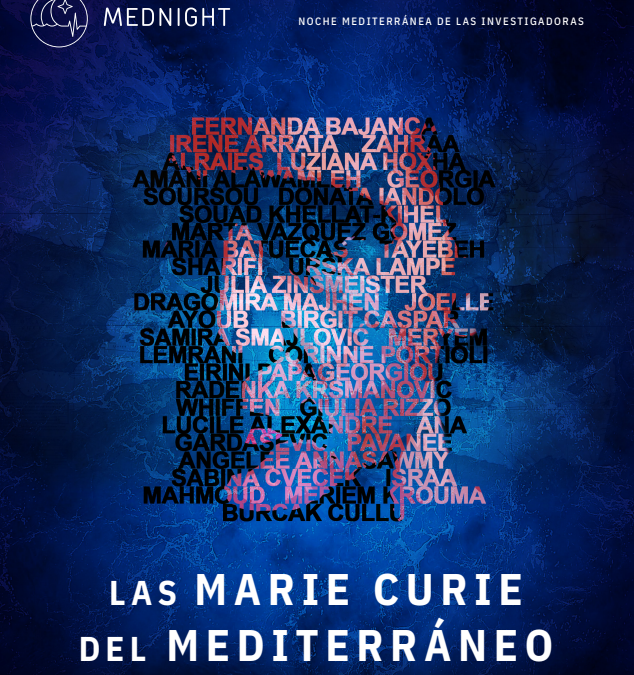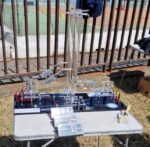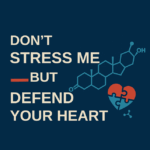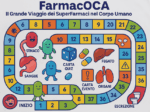DAStU, Politecnico di Milano, in cooperation with the MEDNIGHT consortium, which is composed of different entities from 8 Mediterranean countries, presented “The Marie Curies of the Mediterranean” exhibition on 7th of October at Spazio sottopassaggio, Campus Leonardo. The exhibition’s took place simultaneously in Alicante (Spain), Milano & Messina (Italy), Monastir (Tunisia), Istanbul (Turkey), Nicosia (Cyprus) and Cazin (Bosnia) since September 6 and in Xanti and Athens (Greece) on September 8.
“The Marie Curies of the Mediterranean” celebrates the lives and achievements of female scientists and researchers from Mediterranean region who have received the prestigious Marie Curie fellowships from the European Union and/or contributed to it through their work These diverse backgrounds reflect the richness of the Mediterranean region. Additionally, it highlights the impact of the Marie Curie fellowships on their careers and life. Our own Dr. Israa Mahmoud was selected as an ex-Marie Curie from the mediterranean women in this exhibition.
“The Marie Curies of the Mediterranean”, which has been translated into nine languages and is displayed in various European, Asian, African, and American countries, represents scientists and researchers from 22 countries, 19 of which are Mediterranean. Its main objectives are to inspire younger generations, highlight the Mediterranean region’s cultural richness and scientific talent, and increase women’s visibility in science and research.













